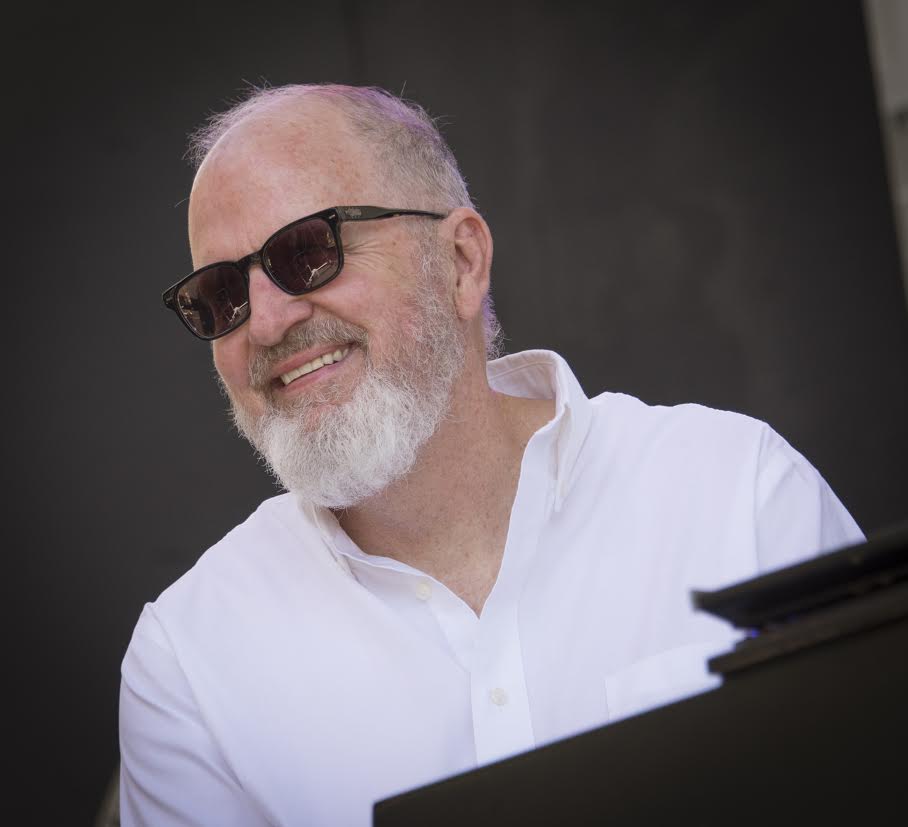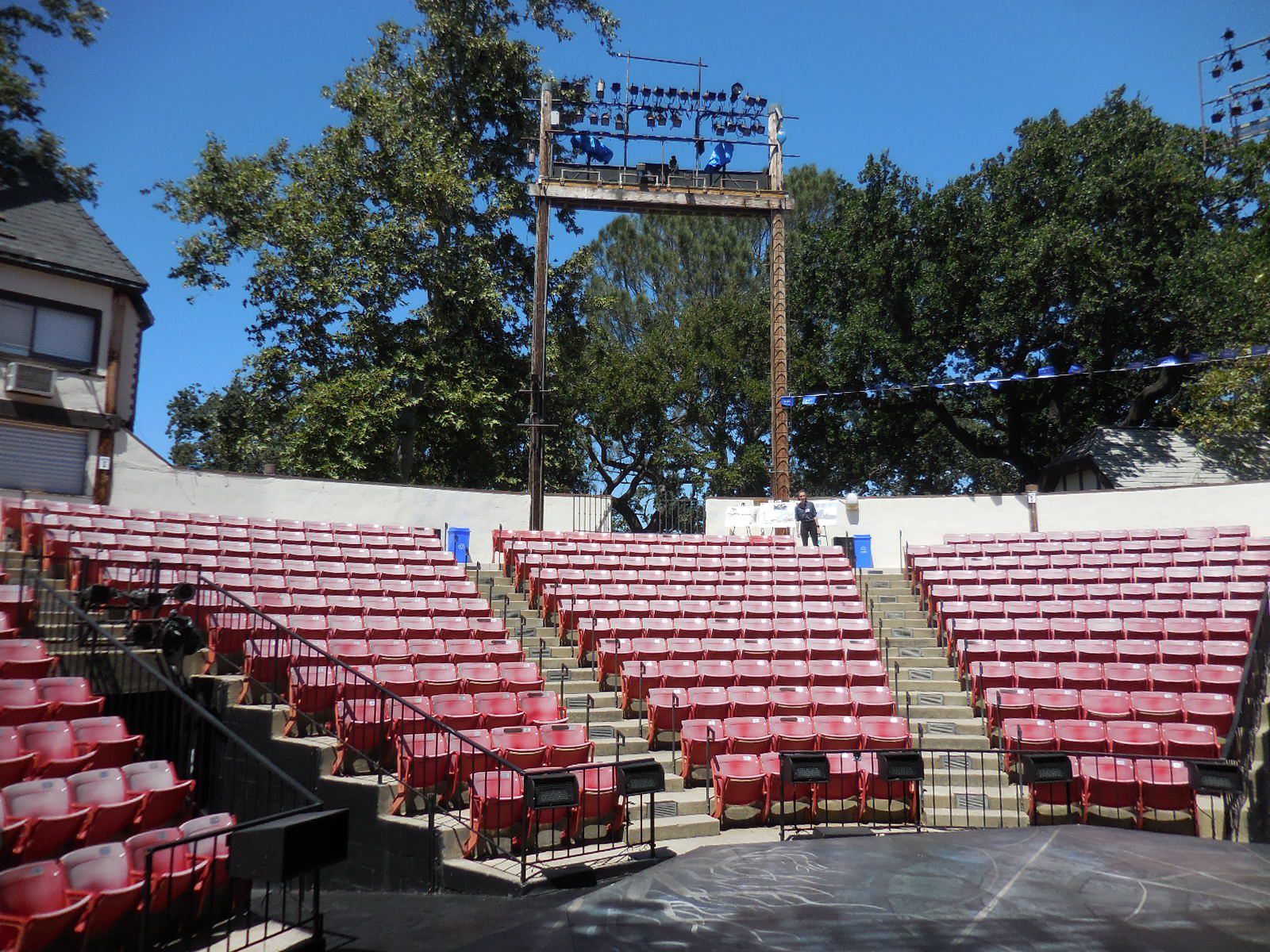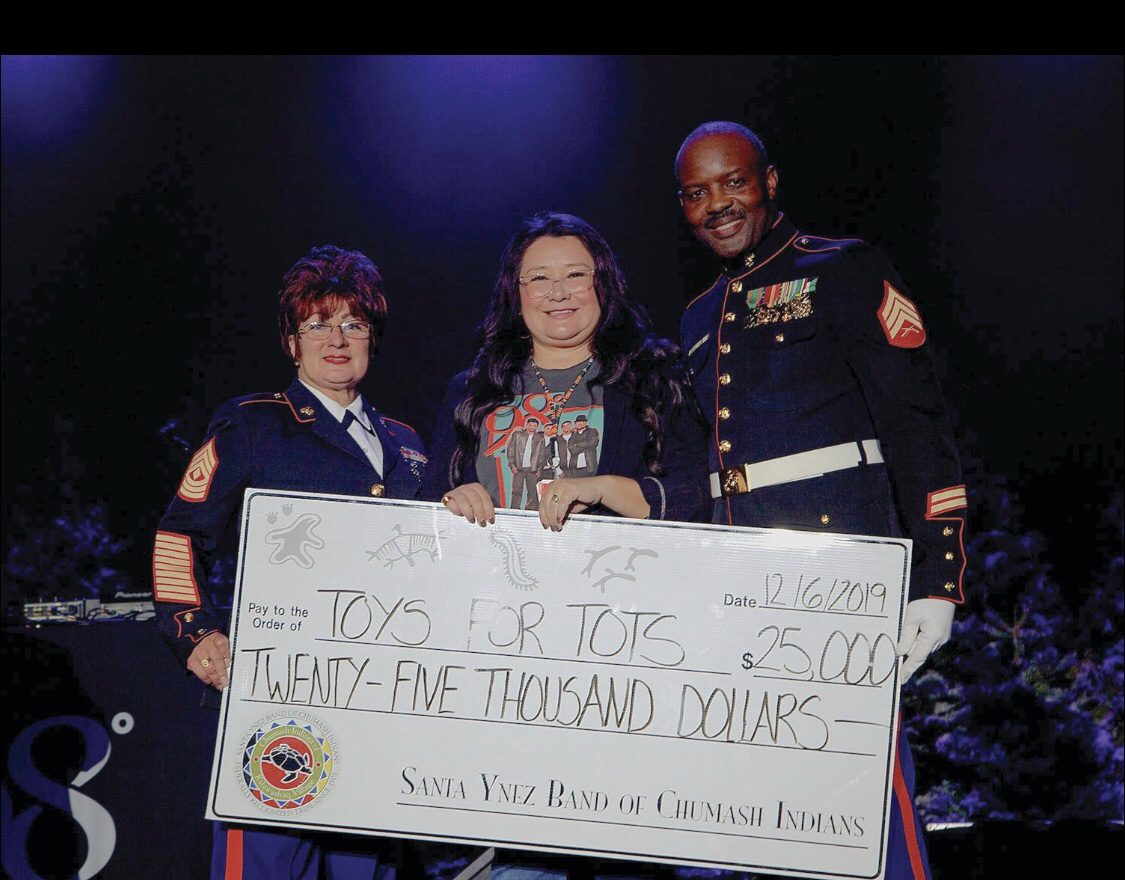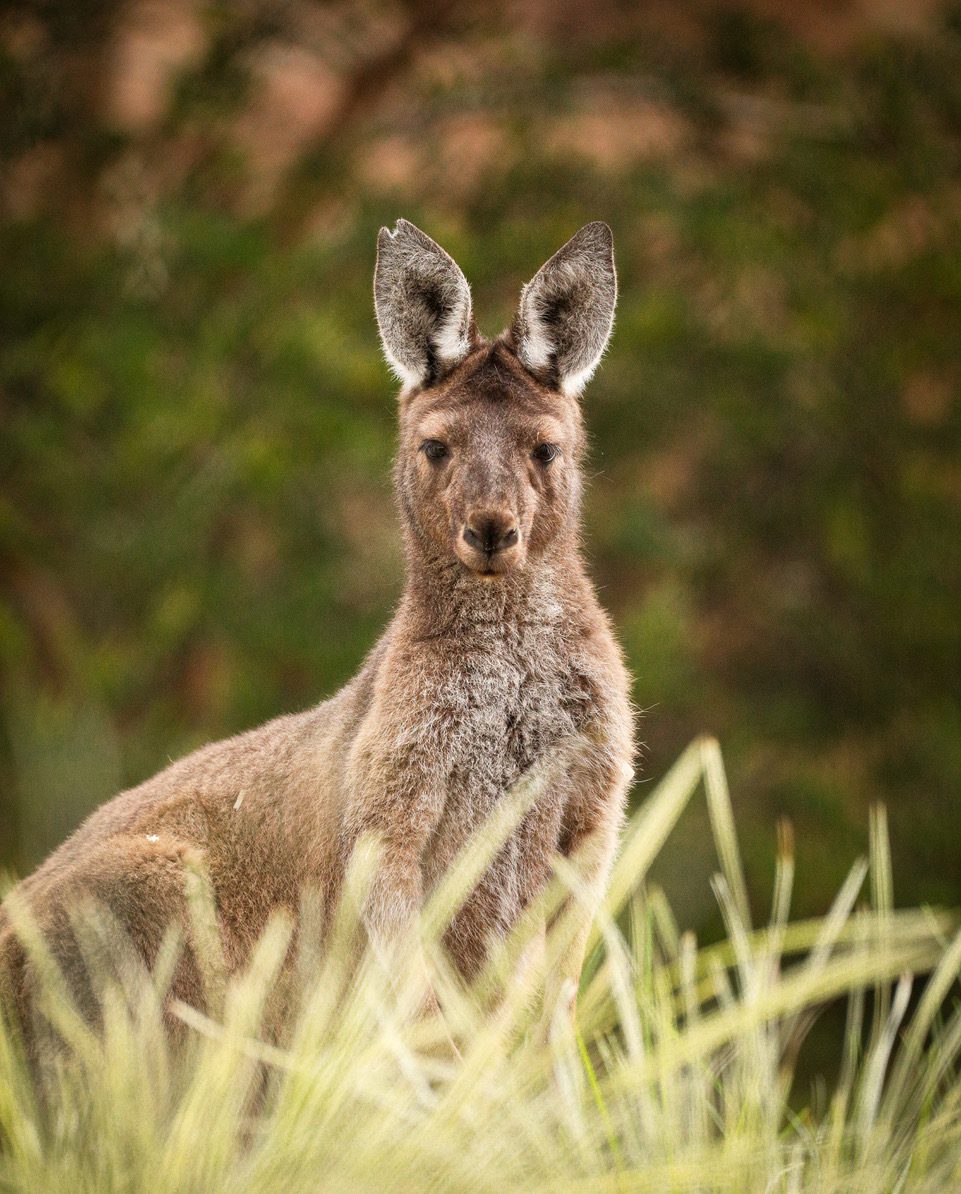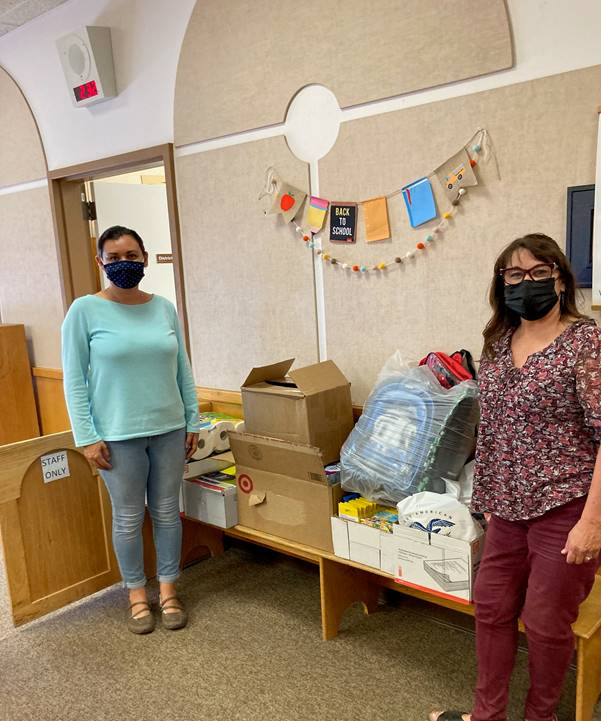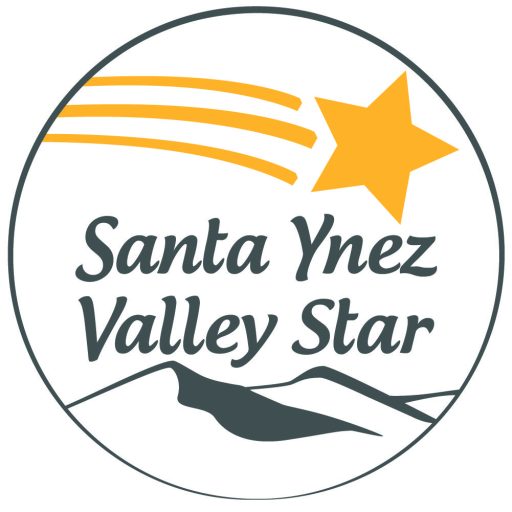By Leah Etling
Stephen Foster wrote the iconic American tune “Hard Times Come Again No More” in 1854, more than 160 years ago. In summer 2016, perhaps the most culturally and musically diverse group ever to perform the song took the stage during the Hardly Strictly Bluegrass concert at Golden Gate Park in San Francisco.
The musicians included 16 teen mariachis, country artist Maurice Tani, Filipino-American folk singer Aireene Espiritu, Bollywood and blues blender Aki Kumar, and the man who brought them all together – Los Olivos resident Jim Pugh.
Playing the keyboard, Pugh stole the show only for a few seconds, to deliver a spirited organ outtake. Being in the background is a role that the career musician is accustomed to. For the last 40 years, he has played keyboard alongside talents including Etta James, B.B. King, John Lee Hooker and Robert Cray.
But despite sharing the stage with some of America’s most famous musicians, the artists Pugh is excited about today include a 17-year-old female mariachi from the Central Valley and a quartet of aging gospel singers from Oakland.
Pugh’s nonprofit Little Village Foundation helps undiscovered and underappreciated musicians from all walks of life record their original music, and then pushes to get them noticed.
Pugh records the music at no expense to the artist, and then the Little Village Foundation gives all proceeds from sales back to the artists. The effort is funded solely through donations from people who want to support the foundation’s mission.
“My real gift is that I am just moved by music, whether it is listening to Mixteco music in somebody’s living room in Santa Maria or at the Church of God in Christ in Oakland. It doesn’t make all that much difference what type of music it is – it all is of equal to value to me,” Pugh said in a recent interview.
Pugh is exceptionally humble and even self-deprecating about his own musical accomplishments, which include contributions to Grammy-winning albums, global tours and personal relationships with some of the biggest names in blues of the last half century. Asked about the legends he has performed with, he talked about the content of their character.
“For the most part, all the people I have worked with in my career were all really nice people. B.B. King was one of the nicest people you could ever meet. Robert Cray was interesting because he was so painfully shy that he came across as being standoffish, but he’s kind of a hero to me. He doesn’t like to talk about it, but he has done a lot of things for a lot of people anonymously,” Pugh said.
Cray, a five-time Grammy winner and also a Santa Ynez Valley resident, is a member of the Blues Hall of Fame.
Pugh stopped touring with Cray in 2014 and took stock of his life. He’d been a performer since his early 20s. He decided that the logical next chapter involved encouraging those attempting to break into the music industry – which had grown infinitely more challenging during Pugh’s 40-year career.
“I had to figure out what I wanted to do with my life. So I combined music and diversity and community service. I put those all together because those are the things that I like to do,” he said.
The result is Little Village, which has produced the albums of 13 unknown artists over the last two years. They include blues and soul singer Wee Willie Walker, Indian blues artist Aki Kumar, folk singer Aireene Espiritu, cowboy musician Dave Ellis, and gospel quartet Sons of the Soul Revivers, among others.
The musicians receive 1,000 CDs — free — to sell to their fans and followers, as well as a small honorarium. But it’s often the connections that Pugh can introduce them to that have the most value.
Thanks to his industry contacts, Little Village artists have performed at shows like Hardly Strictly Bluegrass in San Francisco, Freight and Salvage in Berkeley, and the Waterfront Blues Festival in Portland. A group of youth mariachi musicians from the Central Valley took it one step further, landing an evening gig at Carnegie Hall.
Going on a tip from a friend, Pugh found Mariachi Mestizo, a coed band of teenagers from Delano, performing at a park in Woodlake, Calif. He drives long miles to see potential talent, and estimates he’ll put 60,000 miles on his car in 2017.
Their Little Village album, “Te Doy La Libertad,” was recorded in a single day at Capitol Records and released in 2016 to acclaim from those who know the genre well.
“In an era of commercially driven and ‘over produced’ music, it’s refreshing that Jim Pugh’s production of Mariachi Mestizo is all about feel. The other wonderful aspect is that what you hear on the CD is exactly what you’ll hear when you see them live,” said Arturo Gastelum, founder of The Mariachi Channel.
In April, the group became the first California mariachi band to debut at Carnegie Hall since Los Camperos de Nati Cano, the Grammy-winning LA mariachis, who played there in the 1960s.
“That’s the poster child of the Little Village Foundation, because it’s such an amazing transformation from seeing them in the park in Woodlake to them performing at Carnegie Hall,” Pugh said.
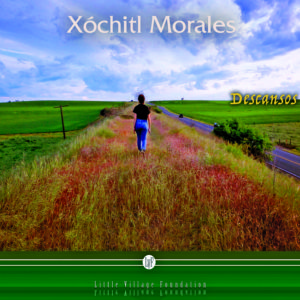
A second album has also come out of the relationship, featuring teen poet and trumpet player Xochitl Morales.
A second album has also come out of the relationship, featuring teen poet and trumpet player Xochitl Morales. Her evocative words about daily life in the Central Valley have earned her national attention, as well as the chance to study at NYU on a journalism fellowship this summer.
“These kids are more American than I am,” Pugh said of Morales and her fellow mariachis. “They are working really hard, teaching little kids how to play music, practicing themselves, and studying to be top students as well as musicians.”
The plan is for Little Village to expand and continue to discover and recognize artists like Morales and Mariachi Mestizo – the diverse and hopeful voices that make America’s music scene unique.
“I’m not sure what I’m going to be doing with my poetry in 20 years,” Morales said of her recently released spoken-word album. “But I know that right now, its purpose is to serve as a voice for people who either are too scared to speak for themselves or who just can’t.”
To see more information about the Little Village Foundation and its artists, or to make a donation, go to http://littlevillagefoundation.com.

